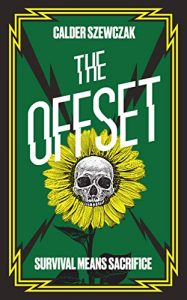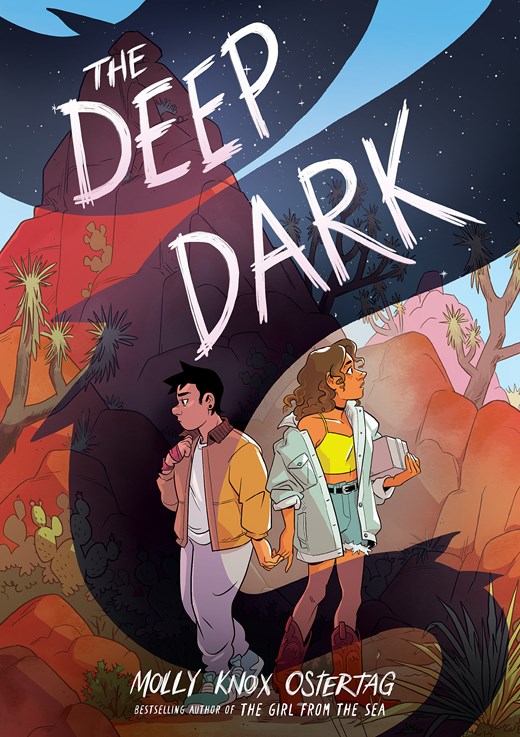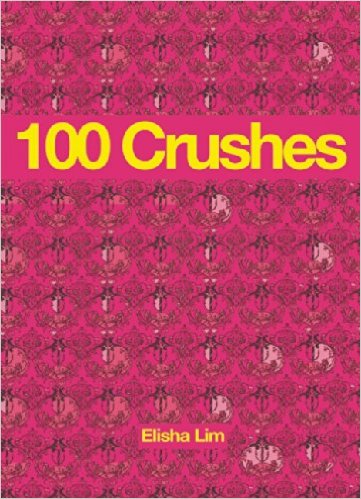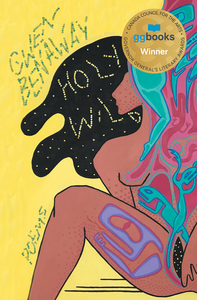
Amazon Affiliate Link | Book Depository Affiliate Link
Cards on the table, Angry Robot is one of my favorite publishers. Ever since I started getting into science fiction and fantasy, they’ve consistently published some of my favorite books. The Outside by Ada Hoffman, The Rise of Io by Wesley Chu, and Under the Pendulum Sun by Jeannette Ng are all some of the best books I’ve read in the genre. So when I had the chance to read an ARC of The Offset, I jumped at the chance. Luckily, this book continued the streak of being extremely entertaining!
In the future, as climate change ravages the earth, survivors are hyper-aware of their impact on their environment. Because of this, they’ve created the ceremony of the Offset, where, to counteract new birth, one parent is selected to die. While this is happening, scientist Jac is working on using genetically engineered trees to make Greenland habitable and protected. Meanwhile, her wife Alix is dealing with their daughter Miri, who is extremely depressed and angry about being born into a dying world. Things get worse when Miri is selected to choose who dies for the Offset. She must decide between one parent, who is emotionally distant and saving the world, or her other parent, with whom she loves and has a close relationship.
This book kept me reading. In a lot of apocalyptic, dystopian fiction, I get bored by the misery and hopelessness of it all. Not so with The Offset. Don’t get me wrong, the world is extremely dark and upsetting. But the heart of this book was the difficult, complicated relationship between Miri and her mothers. I saw a lot of my climate anxiety-riddled self in Miri. This book was a science fiction version of an argument I have in my head all the time: is it truly ethical to have children knowing the problems that the world will face due to climate change? Will future generations hate us for subjecting them to the worst consequences of our and previous generations’ actions?
[This paragraph contains vague spoilers.] I wish that the book’s ending had kept up this focus on familial relationships rather than going fully into grimdark territory and being, in my opinion, unnecessarily brutal. I also didn’t fully grasp why Miri made the choice that she had made; it felt like she just chose who she did to be dramatic. Other things that bothered me about this book were how one-dimensional the anti-natalists, those who oppose reproduction of any kind, felt and some of the time skips. I found the book to be paced exceptionally well, but I did feel a little confused when the narrative would move into the characters’ memories without warning.
Other than that, as I said, I found the book to be quite entertaining. The world was rich and the authors did a great job of establishing worldbuilding. Even without a full understanding of the science, I definitely felt the importance of Jac’s work. This is a book that I would classify as part of my favorite genre of sci-fi: climate fiction (sci-fi novels that explore climate change and how humans adapt to it). I also loved, and honestly don’t see this often enough in SFF books, how casually the lesbian and nonbinary representation was handled. Queer people were just a normal part of the world. In the future, I would definitely read another book set in this same universe and hope that the two authors collaborate again. If you’re looking for a quick, dark, science fiction exploration of an interesting ethical question, pick up The Offset.


